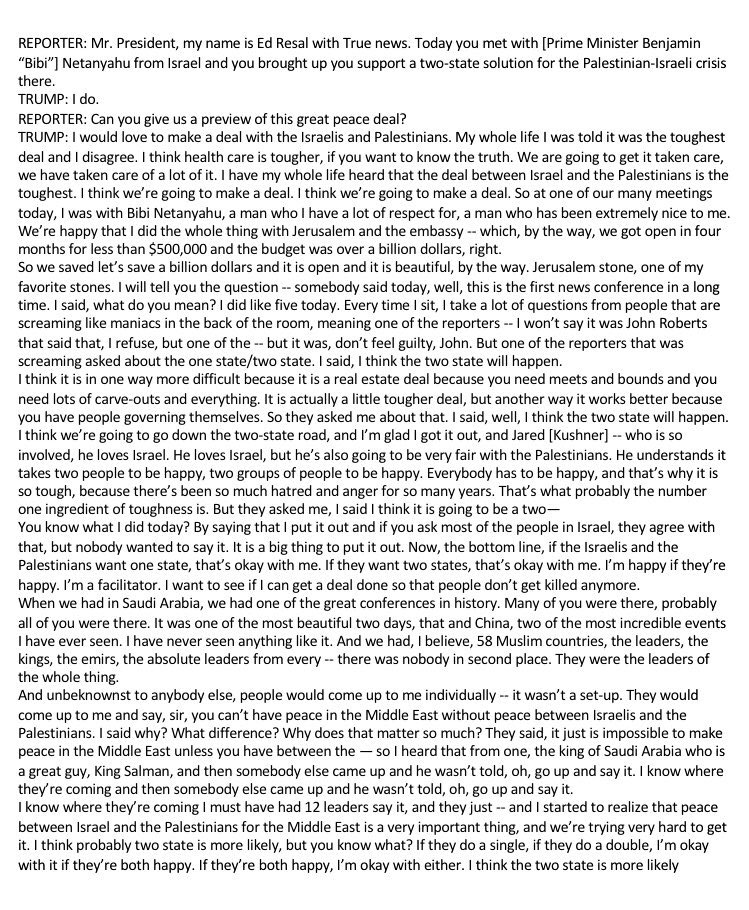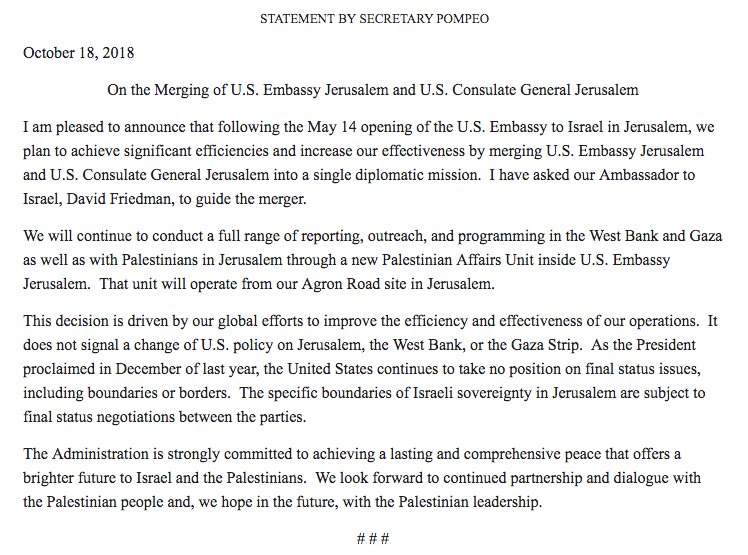- Joined
- Mar 19, 2008
- Messages
- 16,717
@berbatrick and @PedroMendez,
just to be clear, here is the pertinent part of the UNHCR definition in relation to points 2 and 3 above:
In regards to the relationship of the UNHCR with the UNRWA, it states:
http://www.unhcr.org/en-ie/3b66c2aa10
just to be clear, here is the pertinent part of the UNHCR definition in relation to points 2 and 3 above:
"the term “refugee” shall apply to any person who...
...As a result of events occurring before 1 January 1951 and owing to well-founded fear of being persecuted for reasons of race, religion, nationality, membership of a particular social group or political opinion, is outside the country of his nationality and is unable or, owing to such fear, is unwilling to avail himself of the protection of that country; or who, not having a nationality and being outside the country of his former habitual residence as a result of such events, is unable or, owing to such fear, is unwilling to return to it.
In the case of a person who has more than one nationality, the term “the country of his nationality” shall mean each of the countries of which he is a national, and a person shall not be deemed to be lacking the protection of the country of his nationality if, without any valid reason based on well-founded fear, he has not availed himself of the protection of one of the countries of which he is a national...
...This Convention shall cease to apply to any person...if...
...He has acquired a new nationality, and enjoys the protection of the country of his new nationality."
...As a result of events occurring before 1 January 1951 and owing to well-founded fear of being persecuted for reasons of race, religion, nationality, membership of a particular social group or political opinion, is outside the country of his nationality and is unable or, owing to such fear, is unwilling to avail himself of the protection of that country; or who, not having a nationality and being outside the country of his former habitual residence as a result of such events, is unable or, owing to such fear, is unwilling to return to it.
In the case of a person who has more than one nationality, the term “the country of his nationality” shall mean each of the countries of which he is a national, and a person shall not be deemed to be lacking the protection of the country of his nationality if, without any valid reason based on well-founded fear, he has not availed himself of the protection of one of the countries of which he is a national...
...This Convention shall cease to apply to any person...if...
...He has acquired a new nationality, and enjoys the protection of the country of his new nationality."
In regards to the relationship of the UNHCR with the UNRWA, it states:
"This Convention shall not apply to persons who are at present receiving from organs or agencies of the United Nations other than the United Nations
High Commissioner for Refugees protection or assistance.
When such protection or assistance has ceased for any reason, without the position of such persons being definitively settled in accordance with the relevant resolutions adopted by the General Assembly of the United Nations, these persons shall ipso facto be entitled to the benefits of this Convention."
High Commissioner for Refugees protection or assistance.
When such protection or assistance has ceased for any reason, without the position of such persons being definitively settled in accordance with the relevant resolutions adopted by the General Assembly of the United Nations, these persons shall ipso facto be entitled to the benefits of this Convention."
http://www.unhcr.org/en-ie/3b66c2aa10




